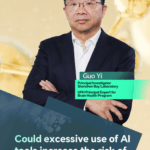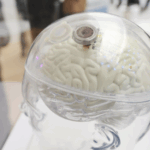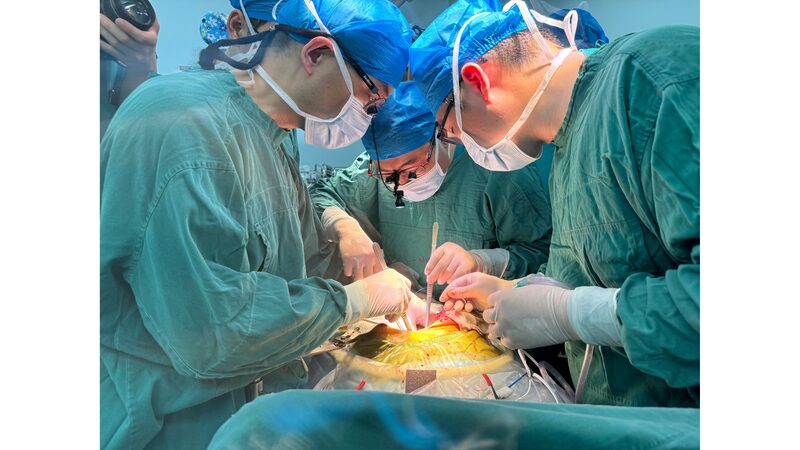BEIJING — The future of AI-driven healthcare took center stage at the 2025 China Medical Development Conference, where experts outlined ambitious plans to integrate artificial intelligence into medical research, diagnostics, and patient care. Over 300,000 research projects were spotlighted at the two-day event, with breakthroughs ranging from early Alzheimer's detection to gene therapies.
Phased Integration Roadmap
Wang Chen, vice president of the Chinese Academy of Engineering, proposed a three-phase strategy for AI adoption. Short-term pilot programs will test targeted applications, followed by cross-border collaboration in the medium term. The long-term vision prioritizes creating an AI-powered healthcare ecosystem spanning scientific innovation and clinical management.
Ethics and Innovation Balance
Nanjing University's Zheng Hairong emphasized the need for standardized medical data governance, particularly in fields like brain-computer interfaces. Participants unanimously stressed ethical frameworks to maintain public trust, with National Health Commission official Shen Jianfeng advocating for policy coordination and specialized talent development.
Breakthroughs With Global Impact
The conference unveiled 13 landmark medical achievements, including a gene therapy breakthrough for hereditary deafness and AI models capable of predicting Alzheimer's nearly two decades before symptom onset. These advancements align with China's "AI Plus" healthcare initiative, which promotes data-sharing infrastructure and disease-specific AI tools.
Global investors and researchers are closely monitoring these developments, as China positions itself at the forefront of precision medicine innovation.
Reference(s):
AI-powered healthcare takes spotlight at medical conference in China
cgtn.com






